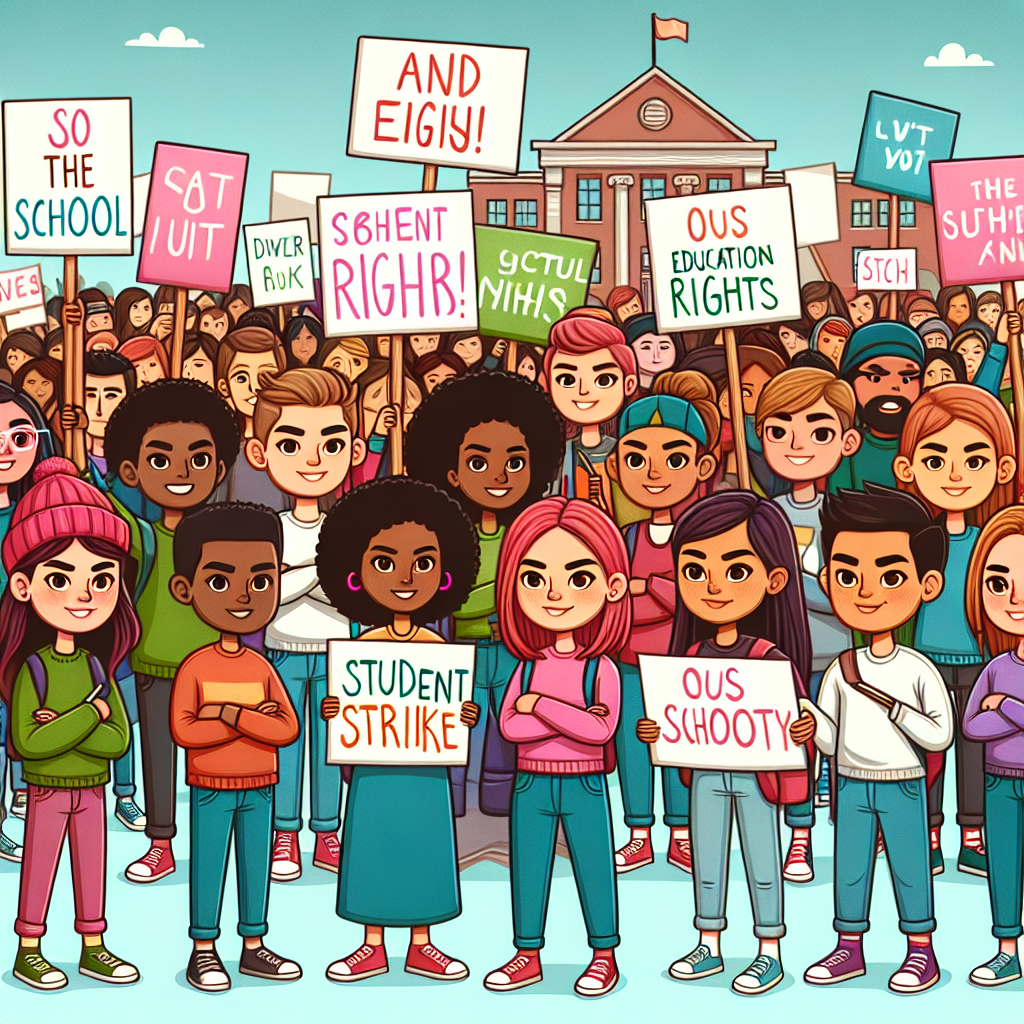U.S. Strikes on Iran: A Temporary Setback or Diplomatic Turning Point?
U.S. strikes on Iran's nuclear facilities aimed to curb its nuclear weapon capacity, as confirmed by U.S. envoy Dorothy Shea at the UN. Although President Trump declared successful obliteration, preliminary assessments indicate Tehran's program faces only short-term delays. Amid this, international calls for diplomatic resolutions persist.

The United States launched strikes on Iran's nuclear facilities with the narrow objective of degrading its capacity to produce nuclear weapons, according to acting U.S. envoy to the U.N., Dorothy Shea. Speaking to the United Nations Security Council, Shea emphasized that these operations were aligned with collective self-defense rights under the U.N. Charter.
President Donald Trump highlighted the effectiveness of the strikes, stating that they 'completely and totally obliterated' Iran's key nuclear enrichment sites. He also mentioned a ceasefire with Israel. Israel's U.N. Ambassador, Danny Danon, confirmed the temporary setback in Iran's nuclear program, removing an imminent threat.
However, a preliminary U.S. intelligence assessment revealed that the strikes caused only a short-term delay to Tehran's nuclear activities. The Iranian U.N. Ambassador, Amir Saeid Iravani, called for diplomacy, arguing that dialogue is the only way to resolve the crisis. The UN Security Council also discussed ongoing issues surrounding the 2015 Iran nuclear deal, which remains unfulfilled after the U.S.'s 2018 withdrawal.
(With inputs from agencies.)










